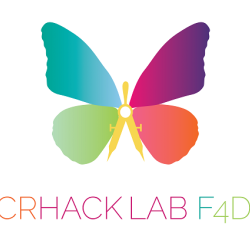The Digital Creativity Lab is an innovative educational programme for middle school and high school students (ages 11-19) and educators across Europe. It empowers participants to explore and reinterpret Europe’s rich digital cultural heritage using digital skills and creative design practices.
Building on the vast cultural heritage collections made available through Europeana.eu, the Lab introduces students and teachers to advanced search strategies, digital literacy, and creative reuse of online cultural content. Through in-depth mentorship sessions and hands-on capacity-building activities, participants will gain practical experience in design thinking, UX/UI principles and digital prototyping/concepting to imagine and build engaging digital experiences.
The programme culminates with a creative challenge that invites participants to apply their new skills by designing a digital product that reuses cultural heritage in an innovative way. Centred around the question,‘"How can we use digital cultural heritage and design thinking to tell a story, solve a problem, or share knowledge in a creative and engaging way?’, students are encouraged to explore topics that matter to them and their communities. Final projects might include virtual exhibitions, interactive maps, digital guided tours, educational apps, storytelling websites or game interfaces.
By the end of the programme, participants will have developed essential digital and creative skills while engaging with European cultural heritage and its value in shaping our shared present and future.


